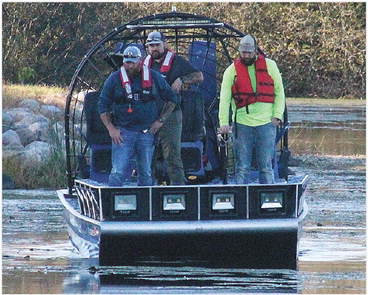Town of Eau Pleine reworks wind licensing ordinance
By Kevin O’Brien
Town of Eau Pleine officials voted Tuesday to repeal their wind licensing ordinance and replace it with one that their attorney says is more defensible in court.
The ordinance adopted Tuesday matches one approved earlier this year by the neighboring town of Brighton. Both towns have been sued by EDP Renewables, which wants to build a 98-megawatt wind turbine operation spanning 12,000 acres of real estate.
EDP’s lawsuit claims that the towns’ ordinances violate state law and asks that a judge declare them “null and void.” Even after Brighton adopted an ordinance that more closely follows the rules set by the Wisconsin Public Service Commission, the town was still included in the lawsuit.
After fielding questions from a few town residents Tuesday, Eau Pleine’s board acted swiftly to rescind a resolution adopted at its July 9 meeting declaring that the town was standing by its original ordinance, which had strong support from town residents.
At the start of the meeting, town chairman Mark Landwehr said the board decided to rescind its resolution and replace its ordinance after meeting with Jason Prochnow, an attorney for the town’s insurance company.
Farmland First, a citizens group that opposes industrial wind turbines, has also changed its stance on the new ordinance adopted by Eau Pleine and Brighton. Group members had urged town board officials to stick with their original ordinance at the July 9 meeting and even helped draft the resolution in support of it.
However at Tuesday’s meeting, Farmland First member Ryan LaSee said “there’s been a change in thinking” in how the EDP’s lawsuit should be addressed. He said the group’s goals remain the same, but after speaking with their own attorneys, they have decided to support a new approach.
The new ordinance, which is over 40 pages long, has looser setbacks and noise limits than the previous ordinance, but it still includes an extensive application process and health and safety requirements for those wishing to build wind turbines within town limits.
Landwehr said their attorney believes the new ordinance still does a much better job than Marathon County’s ordinance at regulating wind power companies.
“This is a lot stricter. It’s going to make it a lot tougher for them,” he said. “They don’t like this ordinance either, but we feel we can win with this one.”
EDP’s lawsuit cites a portion of Wisconsin statute 66.0401, which states that local units of government cannot enact regulations on wind and solar systems that are more restrictive than those established by the PSC. However, the statute also allows exceptions for any restriction that “serves to preserve or protect the public health or safety.”
The “health and safety” provision of the law is what Farmland First and over a dozen towns in Marathon and Clark counties are relying on when adopting local ordinances.
Town officials have also repeatedly complained about EDP and other energy companies keeping them out of the loop until after they’ve signed leases with multiple private landowners.
“We ourselves didn’t know about it until the whole township was signed up,” said supervisor Kurt Schwarze.
In response to complaints about EDP’s business tactics, the company’s executive vice president, Kris Cheney, said the firm communicates with local officials “as early as possible once a project reaches reasonable viability.” She said their projects take years of “research, due diligence, and initial communication with landowners.”
“Conversations with landowners are confidential, as they involve complex decisions for landowners to make in determining how they want to use their private land,” Cheney wrote. “Once there is sufficient landowner participation, we engage with local officials on the permits and other requirements necessary to construct and operate a facility.”



